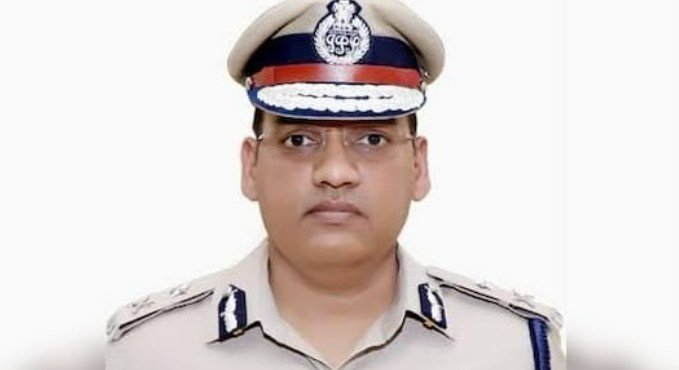
Shock and Outrage After Officer’s Death
A senior Haryana Police officer, Y Puran Kumar, was found dead at his residence in Chandigarh, allegedly by suicide, sending shockwaves through the state’s law enforcement circles. The 52-year-old officer, known for his advocacy of officer rights and transparency in service matters, left behind a detailed note outlining the deep mental trauma, humiliation, and caste-based discrimination he endured from senior officers over several years.
The tragedy has reignited debate over workplace discrimination, mental health, and the treatment of Scheduled Caste officers within the police force. Kumar’s family and colleagues have called for a judicial probe, accusing senior officials of systemic persecution and negligence.
The Final Note: A Cry Against Discrimination
According to sources, Kumar’s eight-page typed and signed “final note” — titled “Continued blatant caste-based discrimination, targeted mental harassment, public humiliation and atrocities by concerned senior officers of Haryana since August 2020 which is now unbearable” — paints a distressing picture of systemic caste bias within the force.
In the note, Kumar alleged that he was deliberately targeted by some of his seniors through false, anonymous complaints meant to tarnish his reputation and publicly humiliate him. He accused certain officers of misusing their positions to block his professional progress and create unbearable working conditions.
Kumar, who belonged to the Scheduled Caste community, also claimed that his legitimate complaints against those officers were ignored, reflecting what he called “prejudicial treatment and institutional apathy.” One of the most painful moments, he wrote, was being denied leave to visit his ailing father — who died before Kumar could reach him — because a senior bureaucrat delayed the sanctioning of his earned leave.
“I Cannot Bear This Any Longer”
In what appears to be a clear expression of helplessness, the note includes Kumar’s concluding words: “I cannot bear this continued and concerted conspiracy to continue with caste-based discrimination, public humiliation, targeted mental harassment, and atrocities any longer.”
The note also mentions that his annual performance appraisal report for the year ending March 2024 contained false and biased remarks, allegedly reflecting personal prejudice. Kumar wrote that despite approaching higher authorities for redressal, his pleas went unanswered.
He cited multiple examples of discriminatory treatment — including being subjected to extra conditions when allotted government accommodation and having his official vehicle withdrawn without explanation in November 2023.
Family’s Complaint and Legal Action
Kumar’s wife, Amneet P Kumar, an Indian Administrative Service (IAS) officer currently serving with the Haryana government, returned from Japan after learning of the tragedy. In her police complaint, she alleged that her husband’s death was the direct result of “systematic persecution” and continuous harassment by senior officers.
She named Haryana’s Director General of Police, Shatrujeet Kapur, and another senior IPS officer, requesting that an FIR be registered against them under Section 108 of the Bharatiya Nyaya Sanhita (BNS), 2023 — which deals with abetment of suicide — and under relevant provisions of the Scheduled Castes and Scheduled Tribes (Prevention of Atrocities) Act.
As of now, both officers named in the complaint have not issued any public statements and could not be reached for comment despite multiple attempts.
Investigation Underway
Chandigarh Police confirmed that forensic teams from the Central Forensic Sciences Laboratory (CFSL) have seized the weapon used in the incident, along with a “final note” and a “will” found at the scene. These documents are expected to play a crucial role in the investigation.
Kumar, a 2001-batch IPS officer, was serving as Inspector General at the Police Training Centre in Rohtak’s Sunaria before his death. Known for his firm stance on fairness in promotions and officer rights, he had earned a reputation for integrity within the department.
As the investigation proceeds, public pressure is mounting for an independent judicial inquiry into his death. Many see the case as a test of the Haryana government’s willingness to confront caste-based bias and ensure accountability within its own ranks.







